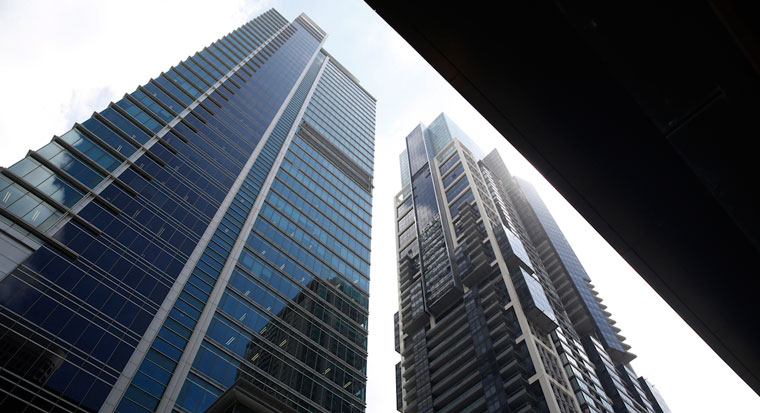Defensive investments
Defensive investments focus on generating regular income, as opposed to growing in value over time. The two most common types of defensive investments are cash and fixed interest.
Cash investments include:
- High interest savings accounts
The main benefit of a cash investment is that it provides stable, regular income through interest payments. Although it is the least risky type of investment, it is possible the value of your cash could decrease over time, even though its dollar figure remains the same. This may happen if the cost of goods and services rises too quickly, also known as inflation, meaning your money buys less than it used to.
Fixed interest investments include:
- Term deposits
- Government bonds
- Corporate bonds
A term deposit lets you earn interest on your savings at a similar, or slightly higher, rate than a cash account (depending on the amount and term you invest for), but it also locks up your money for the duration of the ‘term’ so you can’t be tempted to spend it.
Bonds, on the other hand, basically function as loans to governments or companies, who sell them to investors for a fixed period of time and pay them a regular rate of interest. At the end of that period, the price of the bond is repaid to the investor.
Although bonds are considered a low risk investment, certain types can decrease in value over time, so you could potentially get back less money than you initially paid.
Growth investments
Growth investments aim to increase in value over time, as well as potentially paying out income. Because their prices can rise and fall significantly, growth investments may deliver higher returns than defensive investments. However, you also have a stronger chance of losing money.
The two most common types of growth investments are shares and property.
Shares:
At its simplest, a single share represents a single unit of ownership in a company. Shares are generally bought and sold on a stock exchange, via a broking platform such as CommSec.
Shares are considered growth investments because their value can rise. You may be able to make money by selling shares for a higher price than you initially pay for them.
If you own shares, you may also receive income from dividends, which are effectively a portion of a company’s profit paid out to its shareholders.
Of course, the value of shares may also fall below the price you pay for them. Prices can be volatile from day to day and shares are generally best suited to long term investors, who are comfortable withstanding these ups and downs.
Although they have historically delivered better returns than other assets, shares are considered one of the riskiest types of investment.
Property investments include:
- Residential property such as houses and units
- Commercial property such as individual offices or office blocks
- Retail premises such as shops
- Hotel rooms or hotels
- Industrial property such as warehouses
Similarly to shares, the value of a property may rise and you may be able to make money over the medium to long term by selling a house or apartment for more than you paid for it.
Prices are not guaranteed to rise though, and property can also be more difficult than other investment types to sell quickly, so it may not suit you if you need to be able to access your money easily.




